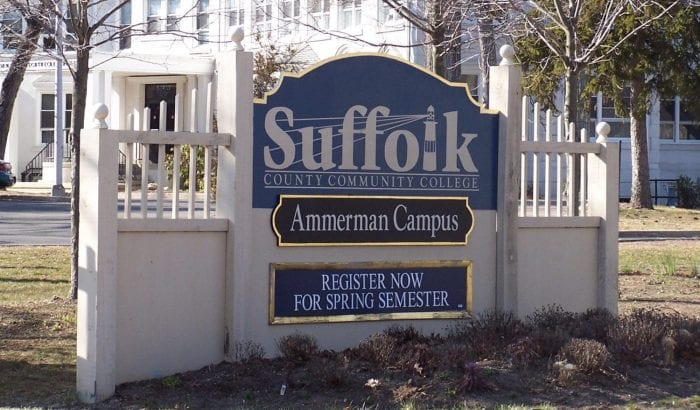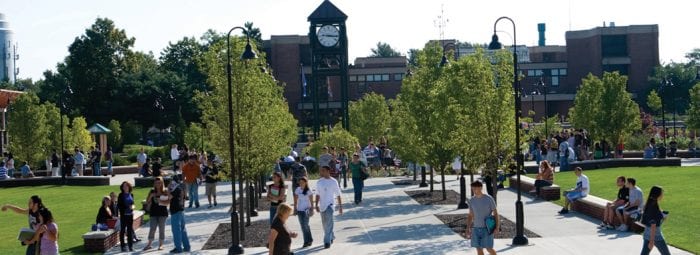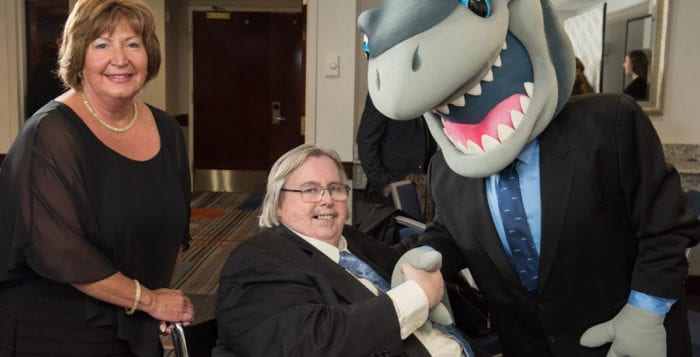Last week, Suffolk County Community College officially inaugurated Edward Bonahue as its seventh president.
During his inaugural address, Bonahue emphasized the importance of offering quality higher education at an affordable cost. The staff of TBR News Media energetically supports this message.
Often flying under the radar, two-year institutions do some of the most important work throughout the county and the nation. These institutions are the bridge for some people who have been historically left behind by the education system. At a time when the cost of higher education is skyrocketing out of control, when the decision to take out a student loan is comparable to taking out a mortgage, when fewer people see the value of a college degree, community colleges provide families a common-sense alternative.
Residents of Suffolk County should know that the decisions one makes coming out of high school can have enormous long-term consequences. For many, taking out a five-figure mandatory loan before the age of 20 is simply unwise, and for others can be a catastrophic mistake. Some 18-year-olds simply lack the prudence to make a financial decision of that magnitude.
Coupled with inflation and volatility in the market, more than ever parents must do the difficult work of calculating whether sending their children off to an expensive four-year institution is in their best interest. How can one know for sure that a high school student will comfortably adapt to life at the university? How can anyone predict the long-term academic success of someone who has only known a sheltered life on Long Island? Nowadays, sending even one child off to college disrupts the entire family budget dramatically.
To the residents of Suffolk County, to the parents and students who may be uncertain about whether or not college is the right choice, understand there are alternatives. Community colleges, such as SCCC, are a valuable resource that more Suffolk families should tap into.
Community colleges are a stepping stone. They allow students to determine for themselves if they are college-ready. For those who thrive at the community college, the pricey four-year institution may be a reasonable next step. However, for those who learn that they either struggle in a college setting or are dissatisfied by the work of the academy, the reasonable tuition of the community college makes it easier and less painful to cut one’s losses.
Community college should be a testing ground for student fence-sitters, those uncertain about which path is right for them. For many, community college will propel them to other institutions of higher learning. For others, it will likely point them in the direction of other — often more profitable — career alternatives.
The TBR staff congratulates President Bonahue on his recent inauguration. We hope that with his leadership, Suffolk residents will build trust in our county’s more affordable college institutions. From SCCC to Stony Brook University — both institutions that offer generous tuition rates for in-state residents — people here do have the option to receive a quality college education at an affordable price. Some people should choose this path to reduce the overall cost of their education.









